Looking for some new diver tips? You finally did it, you got your open water certification, and you are ready to get out there and explore the oceans of the world. But, it’s not quite so simple. Being a new diver can be pretty overwhelming with so many things to think about.
But never fear, to help you out we at ScubaTony have put together our top 10 tips for beginner divers to help you navigate the murky water and take you from beginner to advanced diver.
Top 10 Tips for New Divers
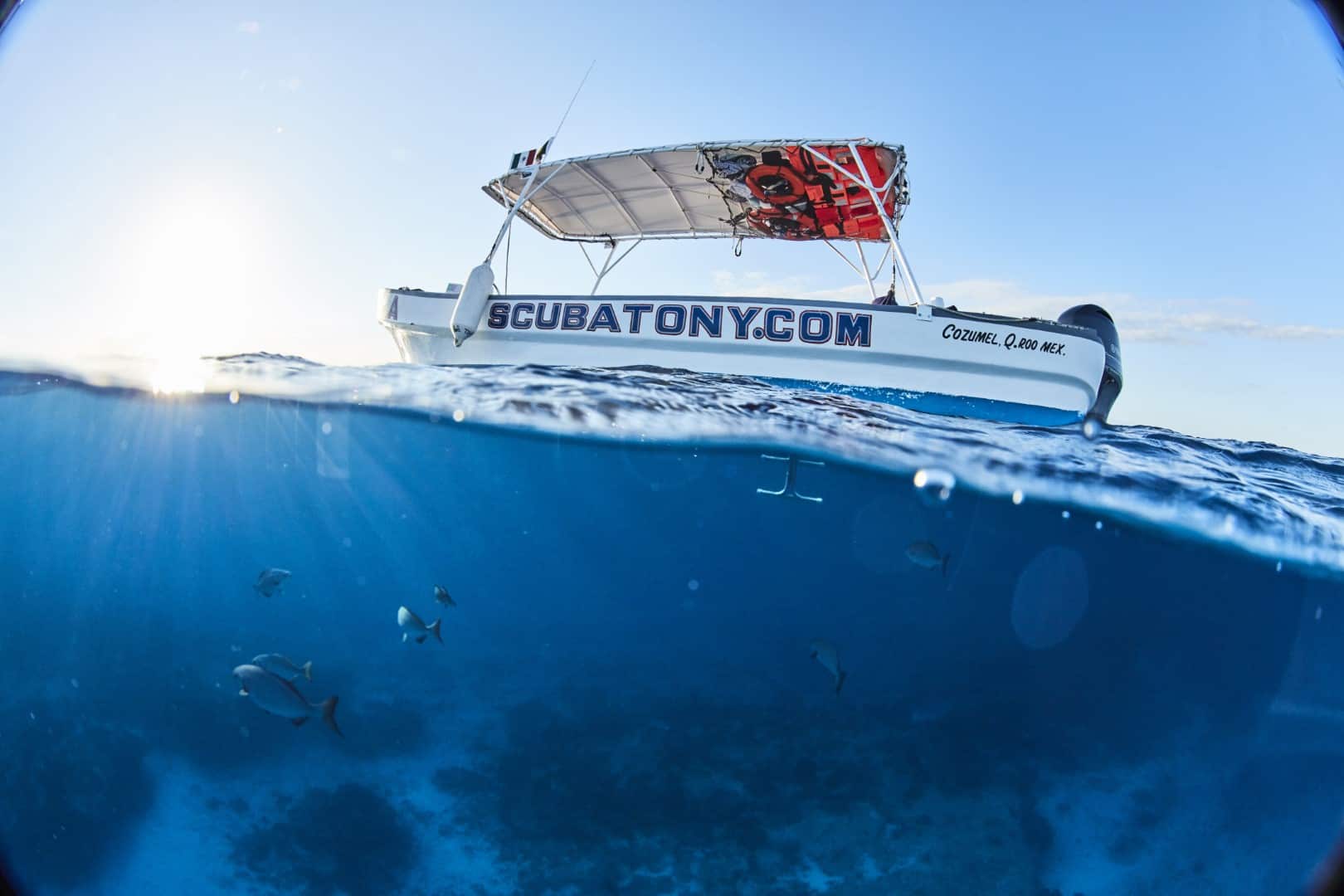
1. Focus on Buoyancy Control
Many of you have heard me talk about buoyancy control as if it were the only thing you should be thinking about down there. Well, as a new diver, that is mostly true.
Once you master it, you can stop thinking about it because it will come natural and everything else in your diving will fall into place. Look out for future articles to help you become a buoyancy zen master.
Take a watch of this video our dive instructor Marc did with Claire from Claire’s Itchy Feet.
2. Stop spending money on certifications
This may be contradictory to what your open water instructor was preaching and may the PADI gods strike me down for saying this, but you don’t need more certificates.
What a new diver needs, is bottom time, not more classes.
True, an instructor has lots more knowledge to share with you. But until you have taken the time to use your new skills and put all of the new knowledge into practice you just won’t have the brain juice to take it all in.
As a new diver, you will still be trying to figure out your buoyancy and remember all of the new things you just learned, so most of what the instructor tells you will be lost in your nervous bubble-blowing brain.
3. Don’t spend money on gear
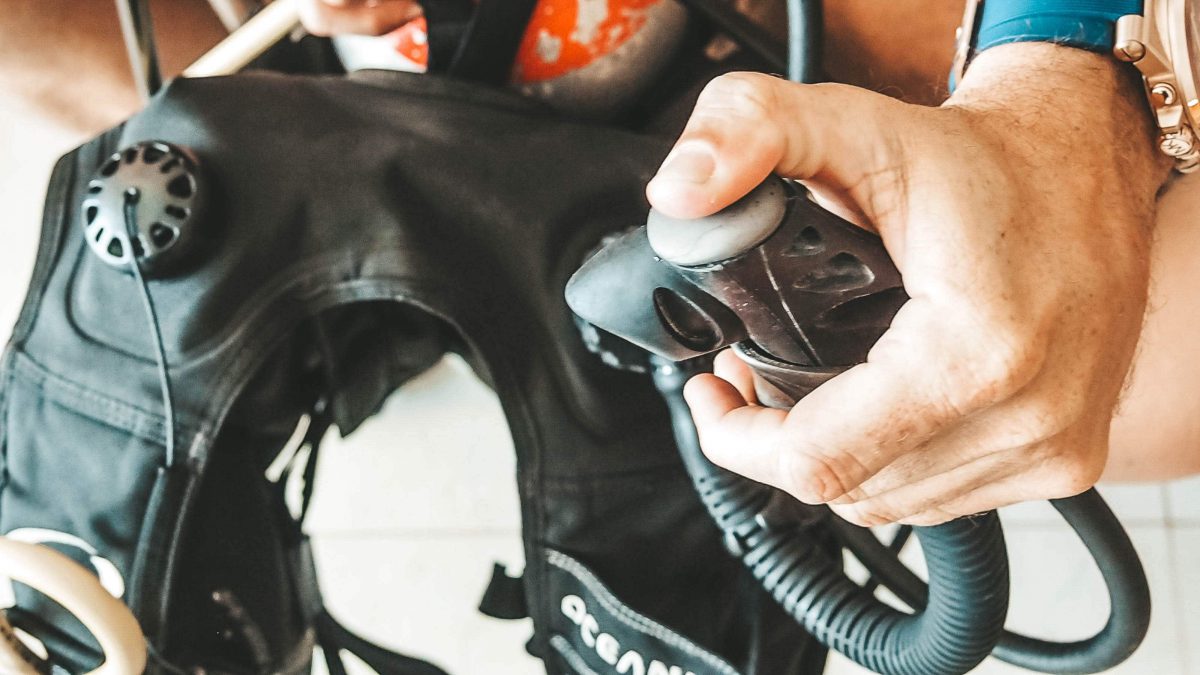
All the gear, no idea…
This too will get me in trouble with the upsell retail diver world.
It seems some instructors are trying to sell you dive gear before you even start your course. Again, this is a disservice to a new diver. Sure, later on, you can spend as much money as you want on the latest wazzoo multicolor split fins and snorkel. But that is not going to improve your dive skill as much as spending your money to get some bottom time.
Rent some gear and do some shore diving. Or even better take a dive trip somewhere! It will give you a chance to try out some gear before you invest. This will also help you in the long run as you will be able to make a more informed choice as to what gear best suits you.
Also, don’t be afraid of buying used gear. Lots of it on the market for 50-80% off what you would spend retail. Try searching on Facebook for local buy and sell diving gear groups.
4. Try not to worry about air consumption
It is true that air consumption is often one of the yardsticks by which diver skills are judged. But this really doesn’t apply to new divers. Instead, focus on your buoyancy, fin technique, trim and other skills, and your air consumption will fall into place on its own.
5. Avoid swimming with your hands
This is truly the most common error I see. As swimmers on the surface, our hands are the most effective form of propulsion and maneuvering in the water. But as divers, we put those big clunky fins on, which makes your feet the new swimming appendages.
Swimming with your hands while diving is very inefficient and makes you tired. Tired means you breath more and that messes with your buoyancy.
Use your hands to communicate with your buddy and to manipulate your gear. If you find yourself pushing or pulling water with your hands, tuck them in your BCD pockets or clasp them together or hug yourself.
Just don’t swim with them.
6. Try not to add to many distractions
Cameras are the worst offender here. But, it can also be your kids or attempting something you are not ready for.
Whatever the distraction is, try to stay focused on your diving when you’re new. You can work on your underwater photography later.
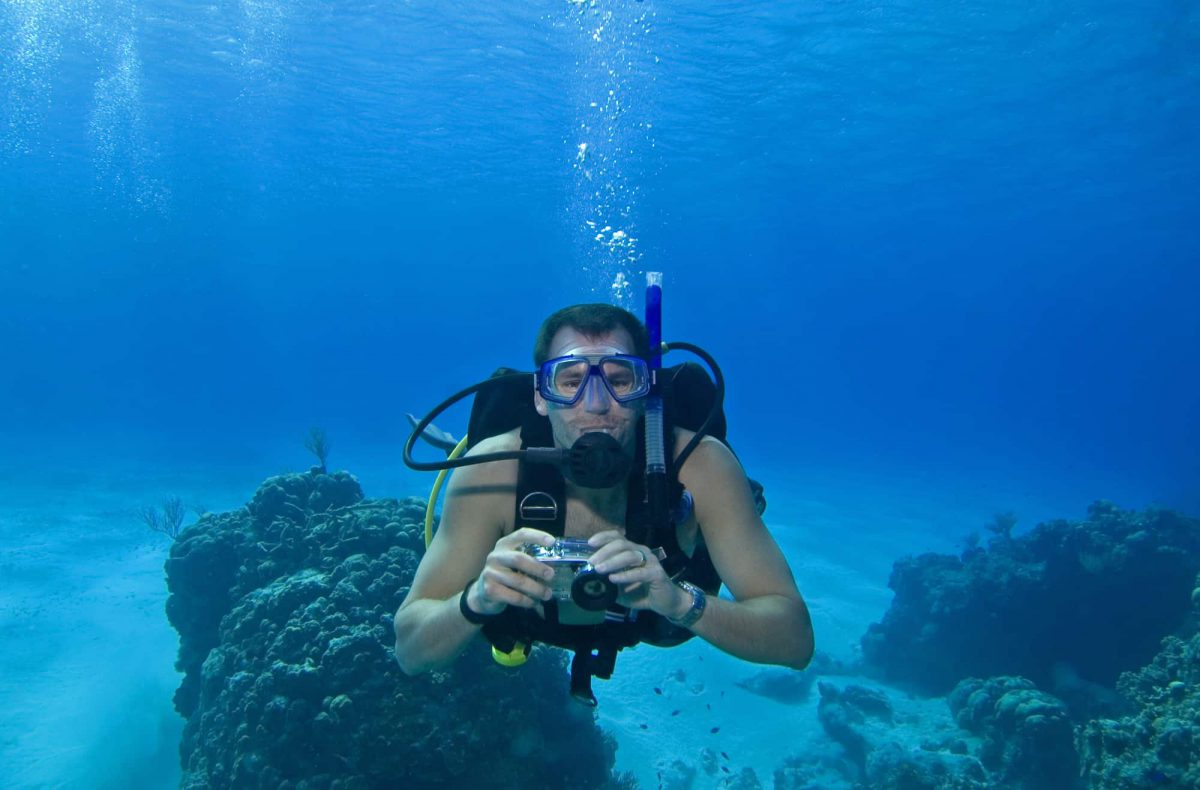
7. Don’t leave it too long after certification to dive again
New dive skills take time to master. Some divers are awesome in 8 dives and others might take 30-50 to truly master dive skills.
The longer you wait after your certification to master the skills, the more dives it will take to get there. If you have beach access, even if the diving is not very good, get out there and dive as much as you can when you are new.
8. Try not to use your BCD too much
Most new divers tend to spend a lot of time releasing or adding air to their BCD.
Try to think of your lungs as a BCD.
If you want to come up a little, take a slightly deeper breath. If you want to go down, exhale a little deeper, or pause before you inhale again.
It really is as simple as that, and it’s actually much easier to use your breath than constantly adjusting your BCD. Plus it doesn’t use any extra air.
A skilled diver will add a little air at the start of the dive, then release a little if they change depths dramatically, and as their tank gets low. Then one more time on the surface. 4 times? Yea. That’s about it.
9. Avoid relying on a buddy or dive professional too much
When your buddy, or the divemaster, want to help you out, it’s really hard not to let them. Especially when diving in Cozumel, it seems that magically your gear is always set up and on a full tank.
How does that happen?
When you are new, ask to set up your own gear, keep track of your own air, and don’t hold hands with your buddy.
Being an independent confident diver allows you to help others later, but what it really does is insures your own safety and enjoyment.
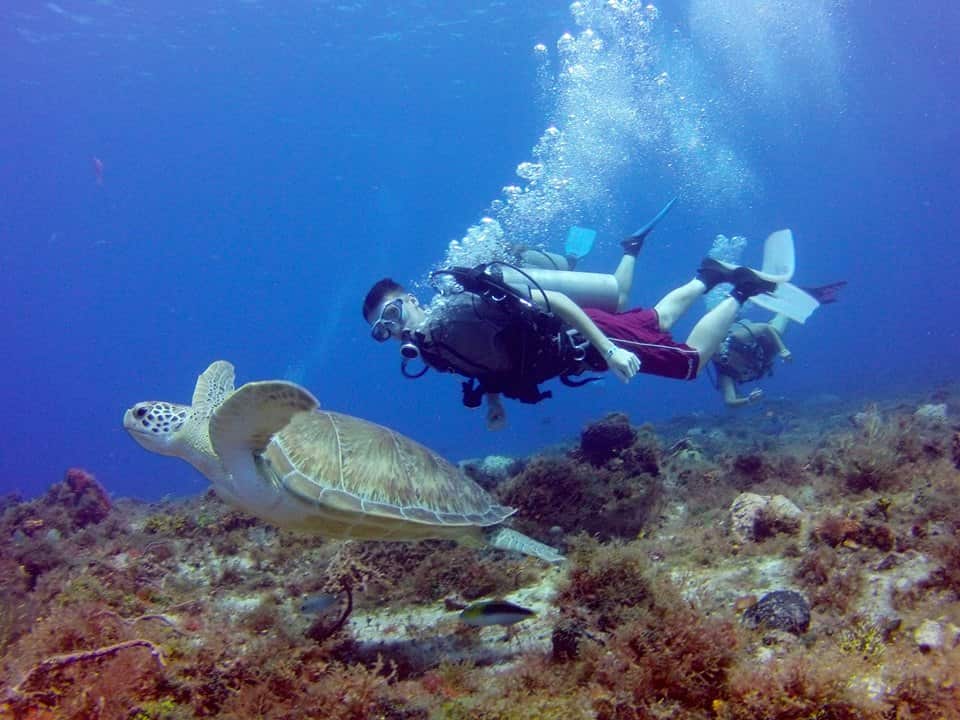
10. Ask all the questions you want
Don´t be shy out there. If you haven’t already noticed divers love to geek out and talk about diving.
When you’re on the dive boat, chat with the Divemaster about it. Ask him or her if she would give you some pointers or watch you underwater.
If you see another diver on the boat that seems to have it all together above and below the water, ask them how they do it.
What is their secret?
You may flatter them and make a fast friend. But more importantly, you will learn to be a better diver yourself.
These are by no means the only things a new diver does wrong but they are pretty common.
I hope this list helps you think about your diving a little and makes you more confident down there.
Now Go dive!!


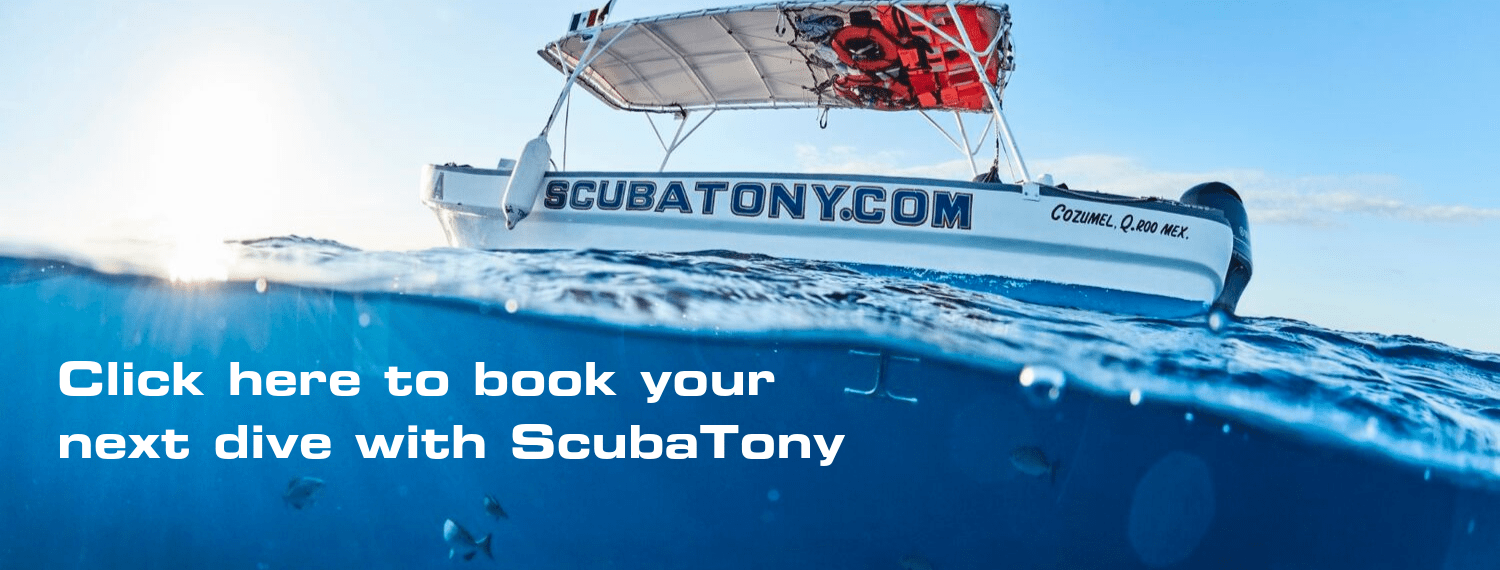



Pingback: In The Drift | Drift Diving Cozumel things you need to know
Pingback: A Guide to The Best Dive Sites in Cozumel for New Divers
Pingback: 9 Underwater Photography Tips to Help You Improve Your Photography – ScubaTony Blog